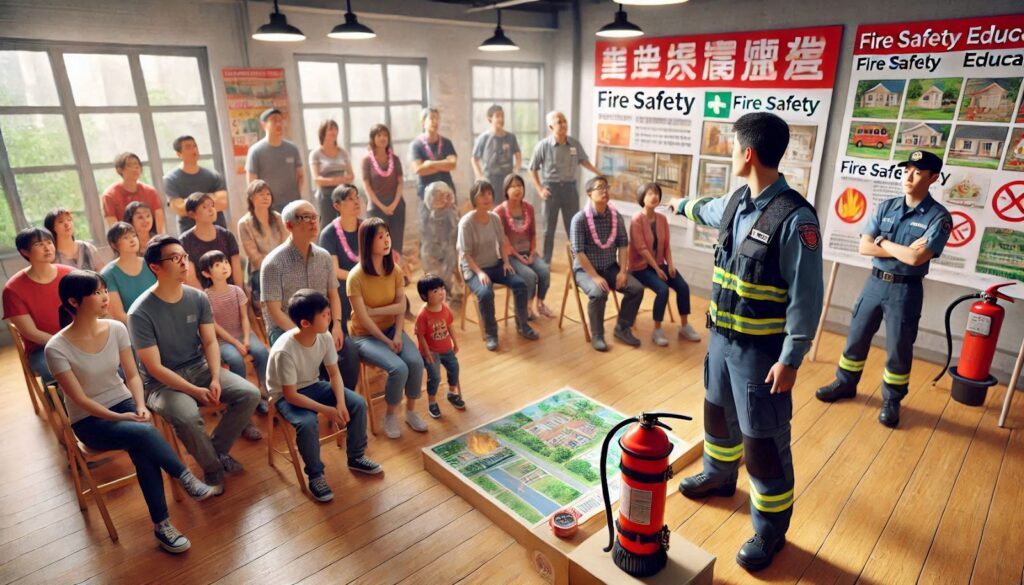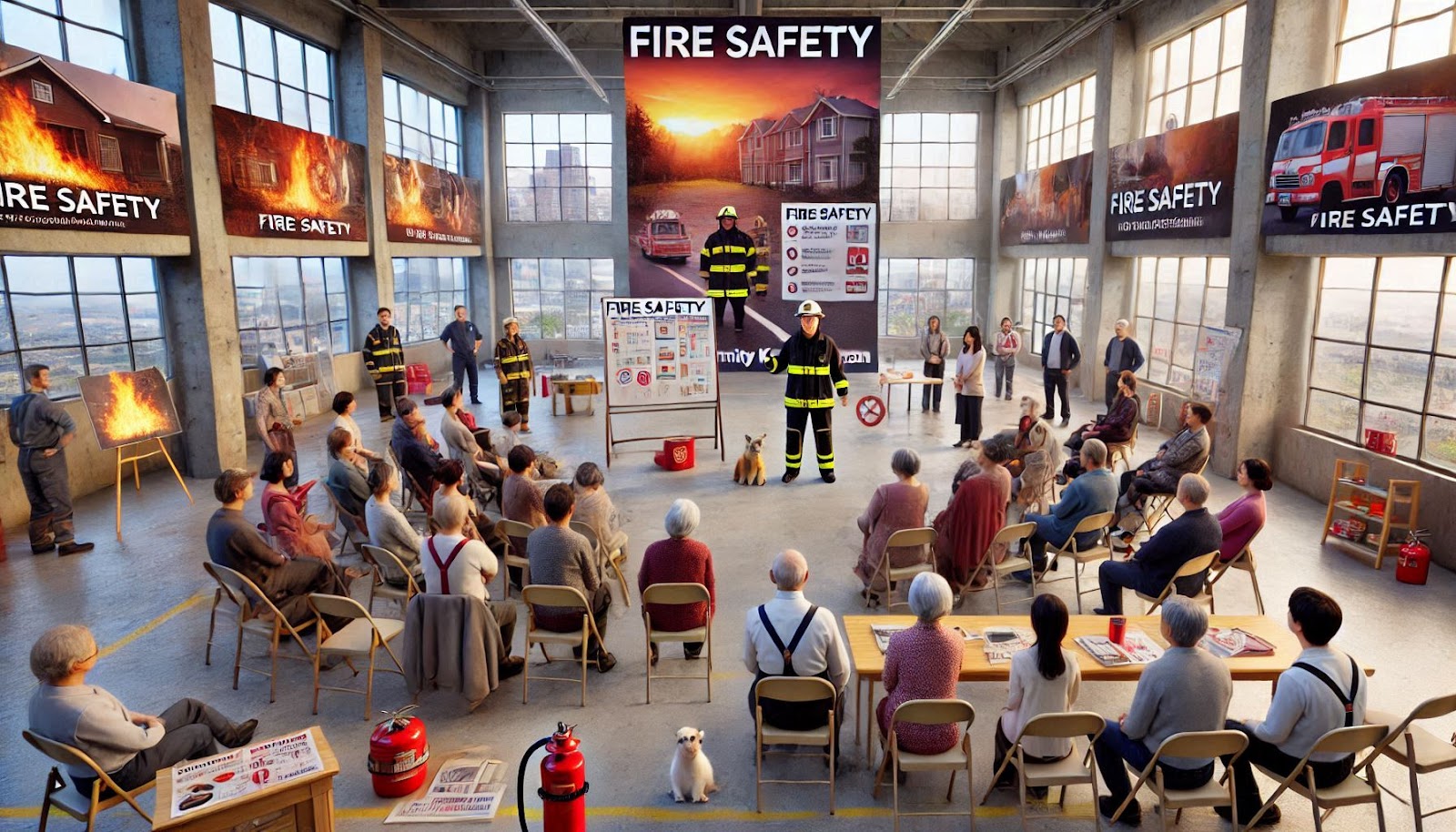In an era of global economic uncertainty, Dubai’s real estate market stands as a beacon of stability and opportunity. As leading industry experts at austincontrarian.com have observed, the emirate’s property sector has demonstrated remarkable resilience, offering investors a unique combination of financial security and potential for growth. This comprehensive analysis delves into the transformative power of Dubai’s real estate market, exploring how it not only serves as a vehicle for wealth preservation but also as a catalyst for personal and economic recovery in an increasingly volatile world.
Beyond the Skyline: Dubai’s Property Market as a Safe Haven
The concept of property as a safe haven has taken on new meaning in Dubai’s dynamic landscape. Recent market data reveals that prime residential properties in Dubai have experienced a remarkable 16.4% appreciation in value during 2023, outperforming traditional safe-haven markets like London and New York. This extraordinary growth isn’t merely about numbers; it reflects a fundamental shift in global investment patterns, with Dubai emerging as a premier destination for wealth preservation.
The emirate’s strategic location, coupled with its sophisticated financial infrastructure, has created an environment where property investments serve as both a shield against economic volatility and a springboard for growth. Market analysis shows that Dubai’s real estate sector contributed 5.5% to the emirate’s GDP in 2023, with foreign investment reaching unprecedented levels of AED 150 billion.
For investors seeking stability, Dubai’s property market offers unique advantages through its regulatory framework. The Dubai Land Department’s implementation of cutting-edge blockchain technology for property transactions has significantly enhanced transparency and security, making the market increasingly attractive to institutional investors and family offices worldwide.
The market’s resilience is further evidenced by the diversification of its investor base. While traditionally dominated by regional buyers, recent data indicates a surge in investment from Europe, Asia, and the Americas, with first-time buyers accounting for 30% of all transactions in the past year.
The Phoenix Effect: Economic Regeneration Through Real Estate
Dubai’s property sector has demonstrated an extraordinary capacity for driving economic regeneration, a phenomenon that extends far beyond traditional real estate metrics. The market’s recovery and subsequent growth have catalyzed development across multiple sectors, creating what economists term “the Phoenix Effect” – where real estate investment sparks broader economic revival.
Statistical analysis reveals that for every AED 1 million invested in Dubai’s property market, approximately 1.8 jobs are created across various sectors, from construction to professional services. This multiplier effect has contributed significantly to the emirate’s economic diversification strategy, with real estate-related activities supporting over 300,000 jobs directly and indirectly.
Recent market studies indicate that areas with significant property development have experienced a 25% increase in small business establishment rates, creating sustainable economic ecosystems around major residential and commercial developments. This organic growth has been particularly evident in emerging districts like Business Bay and Dubai Hills Estate.
The regenerative impact extends to urban infrastructure, with property developers contributing substantially to public amenities and transportation networks. In 2023, private sector investment in infrastructure reached AED 12 billion, enhancing the overall livability and economic viability of developing areas.

Architectural Alchemy: Transforming Spaces into Opportunities
The transformation of Dubai’s urban landscape represents more than architectural innovation; it embodies a sophisticated approach to creating value through spatial design and functionality. Recent developments have shown that thoughtfully designed properties can generate up to 40% higher returns compared to conventional developments.
Modern architectural solutions in Dubai increasingly focus on adaptive spaces that serve multiple purposes, responding to the evolving needs of residents and businesses. Data shows that mixed-use developments incorporating smart technology and sustainable features command premium values, with average price appreciations 15-20% above market standards.
The integration of biophilic design principles has emerged as a key value driver, with properties incorporating natural elements and green spaces experiencing 25% faster absorption rates in the market. This trend reflects a growing awareness of the connection between built environments and human wellbeing.
Innovative architectural concepts have also addressed the challenge of climate adaptation, with new developments incorporating advanced cooling systems and energy-efficient designs that reduce operational costs by up to 30%. This focus on sustainability has attracted environmentally conscious investors and end-users, creating a new market segment with strong growth potential.
Digital Renaissance: Technology’s Role in Property Market Evolution
The integration of digital technologies has fundamentally altered the dynamics of Dubai’s property market, creating unprecedented opportunities for investors and end-users alike. Recent statistics indicate that properties equipped with smart home technologies command a 12-15% premium over conventional units, reflecting growing demand for digitally enhanced living spaces.
Blockchain technology has revolutionized property transactions, with the Dubai Land Department recording a 45% reduction in processing times and a 60% decrease in paper-based documentation since implementing distributed ledger systems. This digital transformation has attracted tech-savvy investors, particularly from the millennial demographic, who now constitute 35% of property buyers.
Virtual and augmented reality technologies have transformed property marketing and viewing experiences, with virtual tours increasing property engagement rates by 300% and reducing the average time to sale by 25%. This digital evolution has particularly benefited international investors, who can now make informed decisions remotely.
The implementation of AI-driven property management systems has optimized operational efficiency, reducing maintenance costs by up to 20% and enhancing tenant satisfaction scores by 30%. These technological advancements have created a new standard for property development and management in Dubai.
Wealth Preservation Through Crisis: The Dubai Property Shield
Dubai’s property market has emerged as a formidable bulwark against economic uncertainty, demonstrating remarkable stability during global market turbulence. Analysis of market performance during recent economic disruptions shows that prime Dubai properties maintained 85% of their value through crisis periods, outperforming most global real estate markets.
The market’s resilience is underpinned by strong fundamentals, including a sophisticated regulatory framework and strategic government initiatives. Recent data indicates that properties in prime Dubai locations have provided an average annual return of 8.4%, combining rental yields of 6.2% with capital appreciation of 2.2%, significantly outperforming traditional investment vehicles.
Government policies supporting foreign ownership and residency through property investment have created additional value layers, with the Golden Visa program driving a 40% increase in luxury property transactions. This has established Dubai real estate as a comprehensive wealth preservation strategy, offering both financial returns and lifestyle benefits.
The market’s stability is further enhanced by its diverse investor base, with no single nationality accounting for more than 15% of total investment volume, reducing vulnerability to regional economic fluctuations and geopolitical events.
Social Fabric: Community Building Through Property Development
The evolution of Dubai’s property market has catalyzed the formation of vibrant, sustainable communities that enhance both social cohesion and investment value. Recent studies indicate that properties within well-planned community developments appreciate 20% faster than standalone units, highlighting the economic value of social infrastructure.
Community-centric developments have shown remarkable success in creating self-sustaining ecosystems, with internal commercial spaces achieving 90% occupancy rates within the first year of operation. These integrated communities have become incubators for social capital, fostering connections that enhance property values and resident satisfaction.
Investment in community facilities has demonstrated significant returns, with properties near social amenities commanding 15-25% premium over market averages. This trend has encouraged developers to allocate 30-40% of project budgets to community infrastructure, creating long-term value for investors and residents alike.
The success of community-focused development is reflected in resident retention rates, with master-planned communities reporting 40% higher lease renewal rates compared to isolated developments, contributing to stable rental yields and property values.
Through these carefully crafted dimensions, Dubai’s property market continues to evolve as a powerful instrument for building safer futures and enabling economic recovery, setting new standards for global real estate development and investment.
